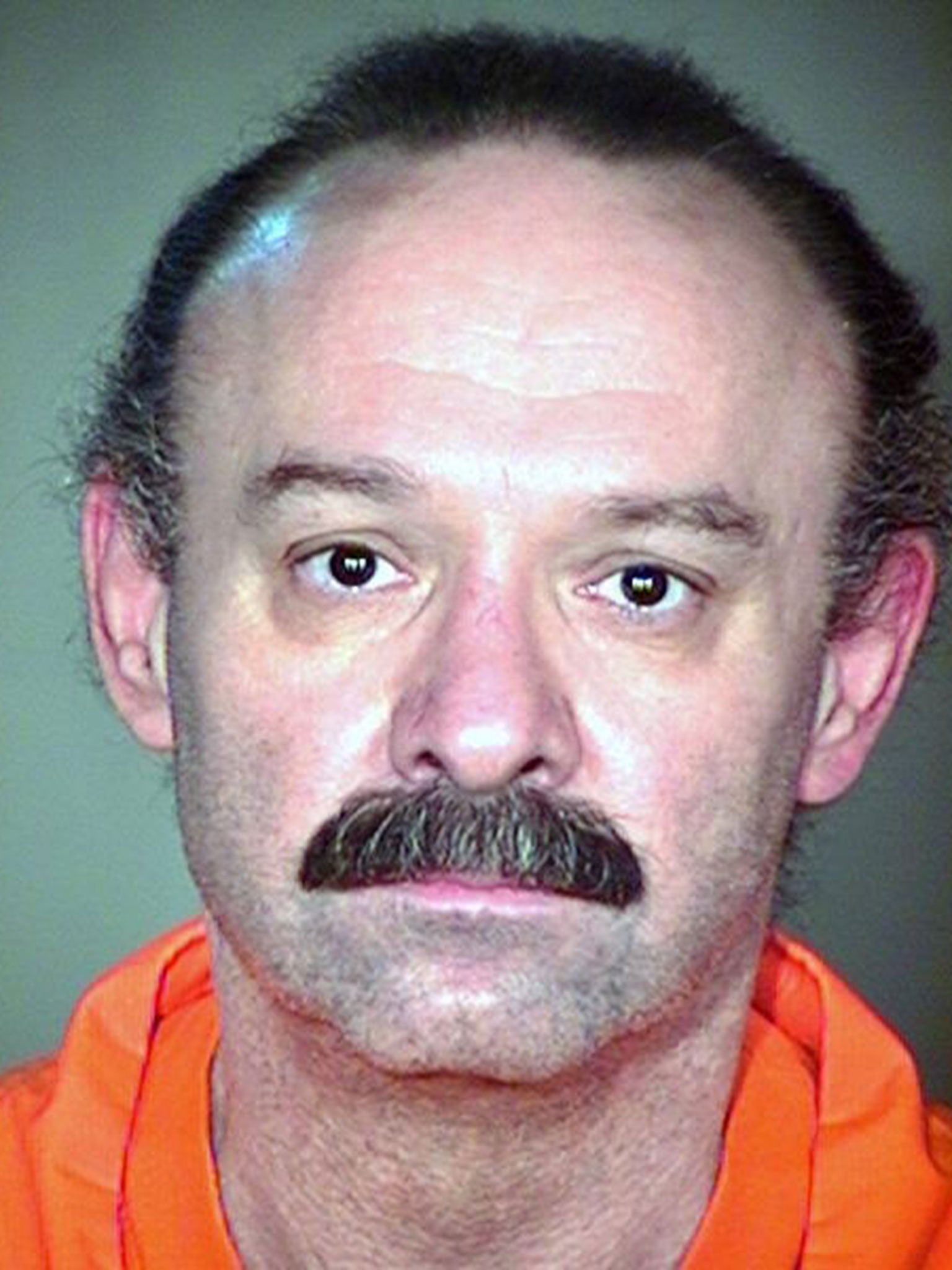Arizona execution that took two hours to complete leads to calls for a review of procedures into state’s death chamber
Joseph Wood, who was convicted of killing his girlfriend and her father in 1988, died after one hour and 57 minutes

Debate continues to rage over the execution by lethal injection of a double-murderer in Arizona on Wednesday that took almost two hours to complete, with the state’s senior US Senator, John McCain, decrying it as “torture”. Prison officials have blamed the media for jumping to the conclusion that it had been “botched”.
Transcripts of a frantic phone calls made by a lawyer for the condemned man, Joseph Wood, to a local federal judge pleading that the execution be interrupted and their client revived reveal that a second dose of the cocktail of drugs that was designed to dispatch him was administered at undetermined moment during the procedure.
In the end, Wood, who was convicted of killing his girlfriend and her father in 1988, died one hour and 57 minutes after the drugs first began coursing into a vein in his arm. News reporters who had been chosen to witness the execution recalled watching Wood as his body appeared to snort and gasp, his lungs apparently searching for oxygen. One said he gasped 660 times over the nearly two hours and looked like a fish gulping for air.
“He has been gasping, snorting, and unable to breathe and not dying,” defence lawyer Robin Konrad told Arizona district judge Neil Wake over the phone, according to a transcript. “And we’re asking - our motion asks for you to issue an emergency stay and order the Department of Corrections to start lifesaving techniques.”
Calls were also made to the office of Governor Janet Brewer and Justice Anthony Kennedy of the US Supreme Court.
The criticism of Senator McCain resonates because of his own well-documented experience of torture as a prisoner of war in Vietnam. “I believe in the death penalty for certain crimes. But that is not an acceptable way of carrying it out,” he told Politico, the news site. “The lethal injection needs to be an indeed lethal injection and not the bollocks-upped situation that just prevailed. That’s torture.”
Governor Brewer ordered a review of procedures in the state’s death chamber but defended the execution as the right response to Wood’s crimes. The head of the state’s prisons, Charles Ryan, said the media misconstrued what happened. It is “premature and erroneous” to call the execution ‘botched’, he said.
“There is no medical or forensic evidence to date that supports that conclusion. In fact, the evidence gathered thus far supports the opposite.”
The transcripts seem to show that Judge Wake took the extraordinary request from Ms Konrad entirely seriously, demanding to speak with a state prosecutor and to Mr Ryan to seek their views on what was happening. When the prosecutor, Assistant Attorney General Jeffrey Zick, attempted to argue that Wood was actually brain dead in spite of the snorting, the judge asked how he knew that.
“Do you have the leads connected to determine his brain state?” he asked.
When Mr Zick replied there weren’t, Judge Wake was not impressed. “Well if there are not monitors connected with him, if it's just a visual observation, that is very concerning as not being adequate.”
Mr Zick subsequently told the judge that he had received information that Wood had died and the question of reviving him became moot.
Supplies of the drugs that have traditionally been used in executions have dried up as suppliers have taken moral decisions no longer to make them available. This has forced states like Alabama to try new combinations. In the case of Wood that meant a cocktail of midazolam, a sedative, and hydromorphone, a painkiller. Some experts question whether together they are enough to lead to a quick expiration.
“It's fair to say that those are drugs that would not expeditiously achieve (death),” said Daniel Nyhan, a professor and interim director of the anesthesiology department at Johns Hopkins University School of Medicine.
Subscribe to Independent Premium to bookmark this article
Want to bookmark your favourite articles and stories to read or reference later? Start your Independent Premium subscription today.

Join our commenting forum
Join thought-provoking conversations, follow other Independent readers and see their replies